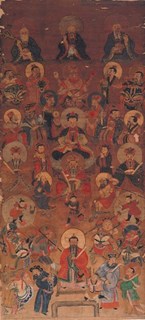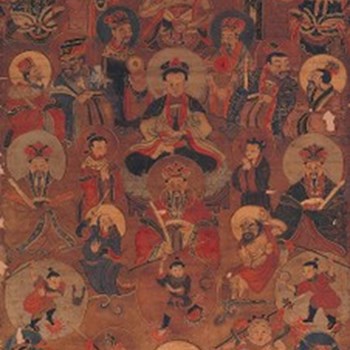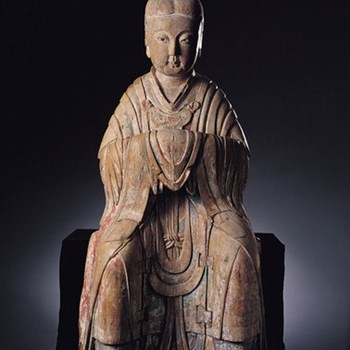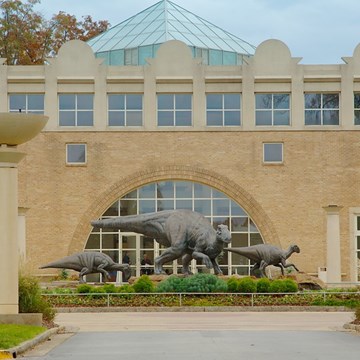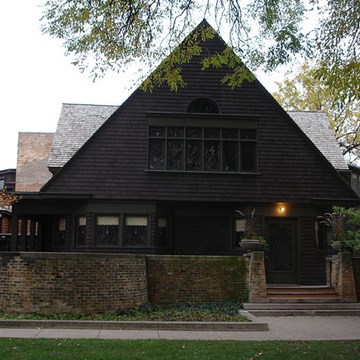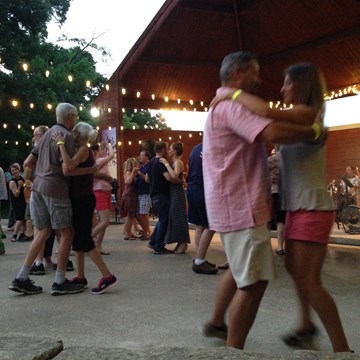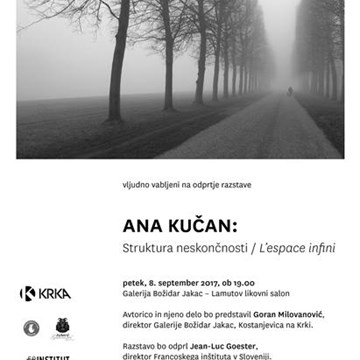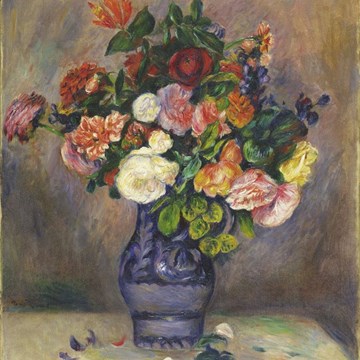Daoism arose in China. It traces its origin to the philosopher Lao-zi, who lived in the sixth century BCE. Over time, Daoism has developed into two streams: philosophical Daoism and religious Daoism. Philosophical Daoism (Dao Jia) is based on the writings of Lao-zi, Chuang-tzu, and their successors. It strives toward mystical union with the Dao, the principle of transformation that underlies the ever-changing universe. Religious Daoism (Dao Jiao), draws from several philosophical and religious movements, including philosophical Daoism and the principles of Yin–Yang and the five elements (Wu-hsing). Religious Daoism applies meditation, liturgy, alchemy, and philosophy to understanding the Dao. Daoists live according to the principle of the Dao — “Dao invariably does nothing, yet there is nothing that is not done.”
There are three traditional sects of Daoism, two of which survive today. Zhang Dao-ling founded the Celestial Masters in 142 CE; it remains popular today. The Celestial Masters recite sacred texts, practice meditative breathing, and abstain from cereal grains. The Shang-ching school is based on texts dictated to Yang Xi between 364 and 370 CE. This school, originally focused on meditation and personal practices, later became centered on texts. The Shang-ching school stressed a personal, mystical relationship with the Daoist gods, and created Daoist hymns and striking images. The Ling-pao, or “Sacred Treasure” school of Daoism, still exists today. It developed from the convergence of Shang-ching texts with Chinese Buddhism.
Daoism arose in China. It traces its origin to the philosopher Lao-zi, who lived in the sixth century BCE. Over time, Daoism has developed into two streams: philosophical Daoism and religious Daoism. Philosophical Daoism (Dao Jia) is based on the writings of Lao-zi, Chuang-tzu, and their successors. It strives toward mystical union with the Dao, the principle of transformation that underlies the ever-changing universe. Religious Daoism (Dao Jiao), draws from several philosophical and religious...
Read more